After a long period in which drought has pushed agricultural companies in many parts of Andalusia, such as Seville, to unprecedented limits, the historic rains of March have opened a new scenario. Cooperatives like Las Marismas de Lebrija, which was forced to halt its industrial tomato activity for two consecutive years and enforce unwanted workforce adjustment plans, will be able to resume operations.
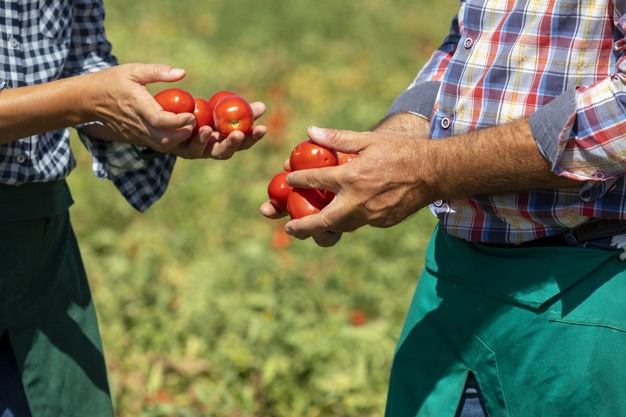
"We are starting the 2024 campaign with great prospects and potential thanks to the recent Easter rains. With the levels that the water reservoirs have reached, we hope to get similar allocations to those of 2021," says Alberto Jurado, general manager of the cooperative.
"This is allowing us to face the tomato campaign with guarantees of success, even though we won't be able to make the most of it, since normally the planting starts in early March, but this time, due to limitations in the water supply, we had to focus on the second part of the campaign, with plantings in April and a total acreage of over 1,100 hectares."
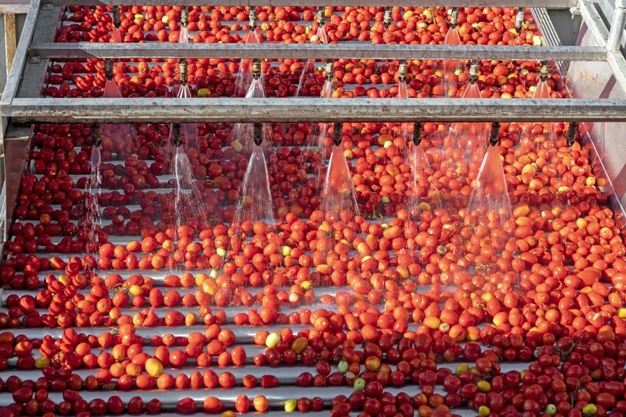
"Moreover, this year we'll also be able to grow cotton, whose cultivation had been threatened due to water scarcity and the preference for tomatoes or peppers. The latter is the other main crop in summer, but here the problem will no longer be the water supply, but the issues to find the necessary personnel to manually harvest the 300-400 hectares that are estimated to be planted."
"It also looks like there should be enough water for the early cauliflower and broccoli campaign, with plantings scheduled for August and September."
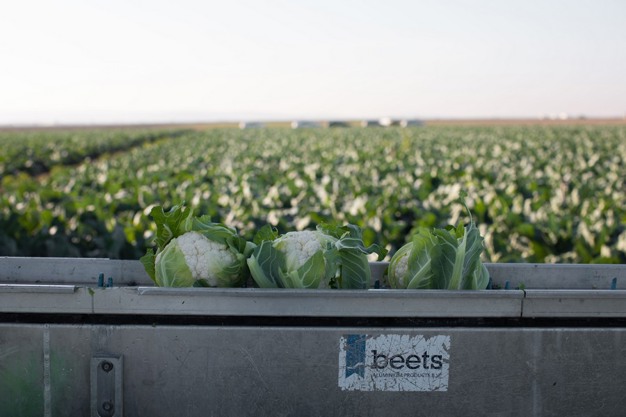
Last month, average rainfall in the last week of March amounted to 130 l/m² and the water reserves of the Guadalquivir basin increased by an unforeseen 13%. According to the Hydrographic Confederation, this will prevent scarcity and is substantially improving the prospects for the next irrigation campaign.
"As for industrial tomato, after several years without production in the lower Guadalquivir, the lands are very well-rested and high productions are expected. They should, at the very least, be in line with the historical average, which is about 120 t/ha. This would yield figures of around 125,000-135,000 tons of fresh tomato and about 25,000 tons of tomato for concentrate. Without a doubt, this will give a boost to the crop's entire industry."
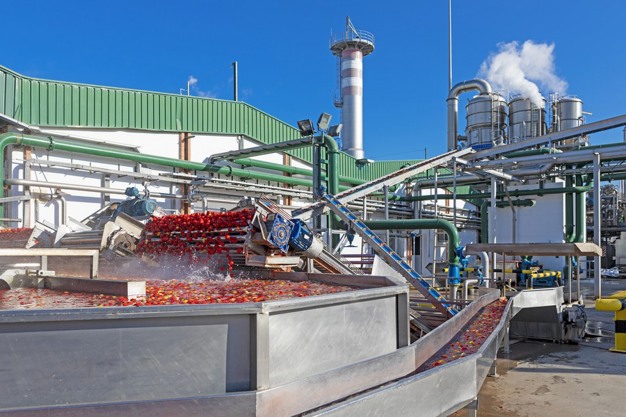
"It will also allow workers to leave behind one of the most challenging times in the history of Las Marismas and look forward with optimism and enthusiasm to the future, to recovering the stability that had been lost in these 2 years of intense drought. The workers of Las Marismas are as committed as ever to collaborating with producers and partners to carry forward the business project of Marismas in Lebrija," says Alberto.
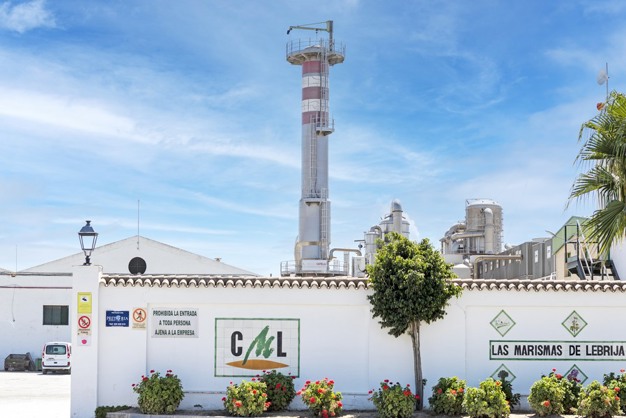
"I hope that with the improvement of the situation, the initiatives that are already underway won't be forgotten"
The rainfall in March has been as historic as the drought that has been affecting the autonomous region of Andalusia; and although this is bringing relief after a long period of scarcity, it is also a reminder of the need to work on an effective plan to mitigate the socio-economic consequences of future prolonged periods of drought.
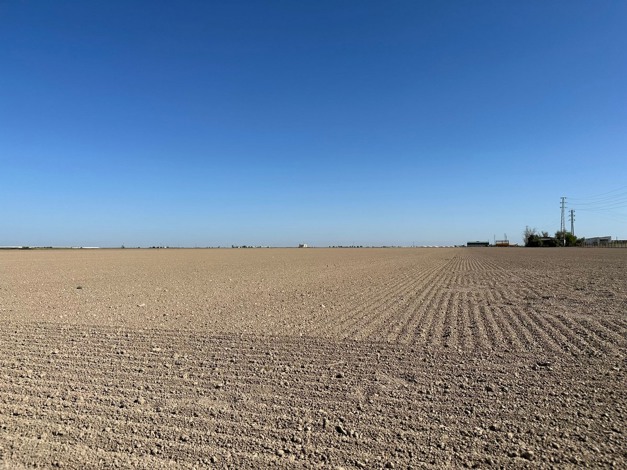
"I would like to insist, once again, on the need for a hydrological plan for Andalusian irrigation, which has been severely affected by periods of drought in recent years. It is necessary for the administrations to act once and for all and seek mixed solutions together with the irrigation communities to ensure the water supply is guaranteed."
"Such mixed solutions must necessarily entail the installation of desalination plants with the lowest possible operating costs, the use of wastewater and the modernization of irrigated lands for optimal water use, although much progress has been made in this regard and the Sector B-XII community of the Lower Guadalquivir stands as a worldwide example of optimal and maximum efficiency in the use of water. I hope that with the improvement of the situation, the initiatives that are already underway to pursue these objectives won't be forgotten."
 For more information:
For more information:
Las Marismas de Lebrija SCA
Lebrija, Seville, Spain
Tel.: +34 955 97 70 11
[email protected]
www.marismas.es
